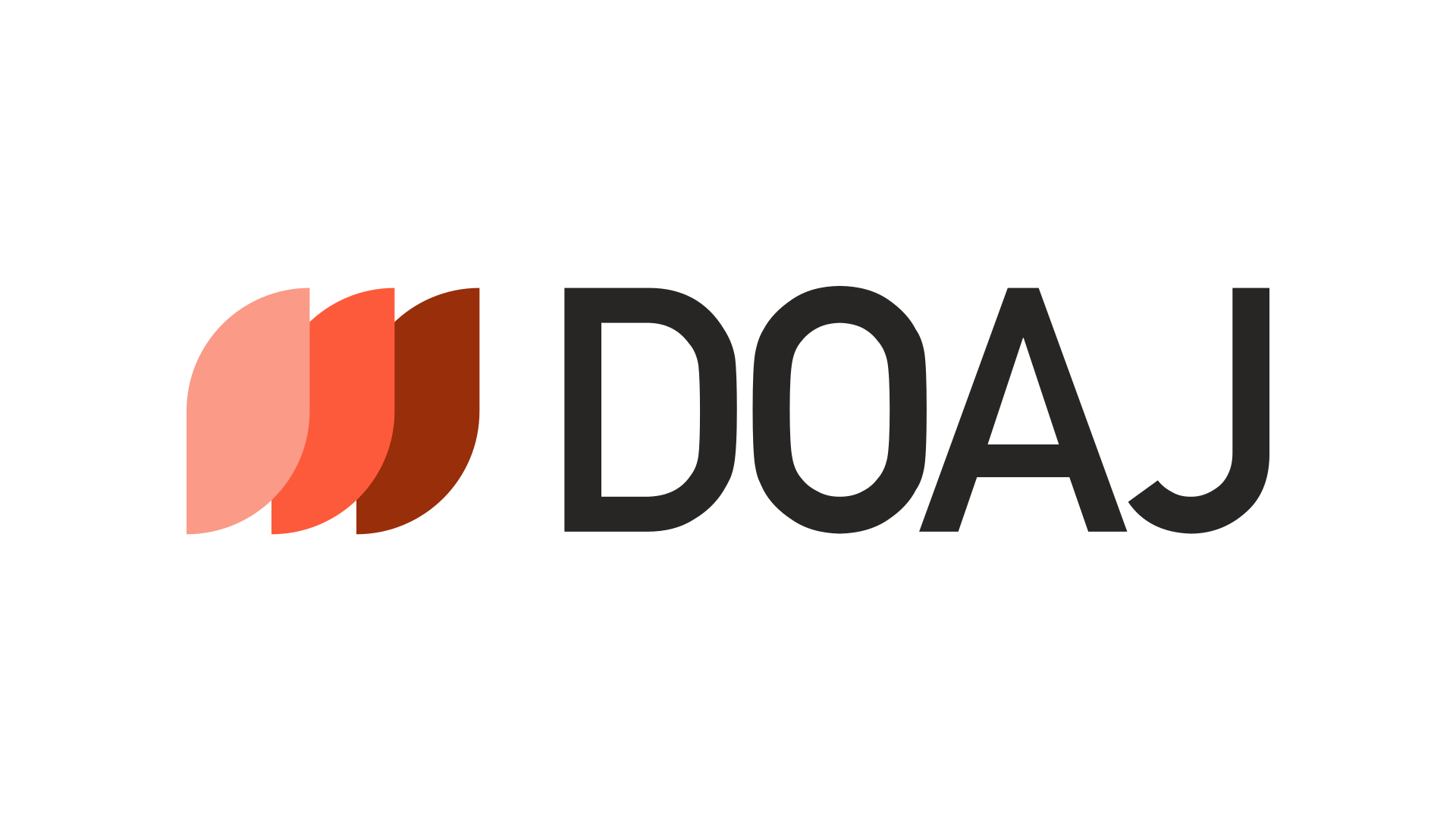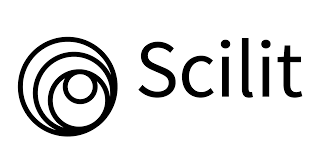PERSEPSI MASYARAKAT TERHADAP PENGADUAN PUBLIK TENTANG BLT DIMASA PANDEMI COVID-19
DOI:
https://doi.org/10.38043/jids.v6i1.3406Keywords:
Persepsi, Pengaduan Publik, BLTAbstract
The purpose of this study was to find out how the public's perception of public complaints in the Direct Cash Assistance Program (BLT) during the covid-19 pandemic. Research related to BLT-DD was carried out in Wuring Village, Alok District, Sikka Regency, NTT, which became one of the BLT recipient areas. – DD with the majority of the people as fishermen, farmers and small traders. This study uses a qualitative descriptive approach with datastudy stated that the public complaint process refers to 3 (three) things, namely public communication, which is still one-way, especially in collecting data on the community receiving assistance, information related to the provisions of the beneficiary still does not touch the aspect of community understanding and has multiple interpretations. Second, the complaint process is a "luxury item". This stigma or thought, ultimately has implications for worry and confusion. Third, the complaint unit is not yet available at the government level, especially at the RT/RW level. The conclusion that can be drawn from this research is that BLT DD is still problem, especially in the data collection system and also the communication mechanism that has been built has not touched the aspect of public understanding.
Downloads
References
Dwiyanto. (2018). No TitleManajemen Pelayanan Publik: Peduli Inklusif Dan Kolaborasi. https://scholar.google.com/scholar?hl=id&as_sdt=0%2C5&scioq=12.+PRIBADI%2C+U.+Efektivitas+Pelaksanaan+Pelayanan+Pengaduan+Masyarakat+Berbasis+E-Government.+Jurnal+Ilmu+Pemerintahan+dan+Kebijakan+Publik%2C+2015%2C+1.1%3A+54-75.+&q=15.%09DWIYANTO%2C+Agus.+M
Ahmad Dzikri Pratama. (2019). Penyelenggaraan Pelayanan Publik Berdasarkan UU Nomor 25 tahun 2009. Palembang: Universitas Sri Wijaya, October.
Chakraborty, I., & Maity, P. (2020). COVID-19 outbreak: Migration, effects on society, global environment and prevention. Science of the Total Environment, 728, 138882. https://doi.org/10.1016/j.scitotenv.2020.138882
Fadhilah, N. L. (2015). Urgensitas Ombudsman dalam Pengawasan Pelayanan Publik. Jurnal Pendidikan Pancasila Dan Kewarganegaraan, 28(2), 130–136.
Farisy, S. Al, & Chalid, M. I. (2020). Peningkatan Pelayanan Publik?: Paradigma Perpres 81 Tahun 2010 Grand Design Reformasi Birokrasi 2010-2025. Prosiding Simposium Nasional ''Tantangan Penyelenggaraan Pemerintahan Di Era Revolusi Indusri 4.O", 423–439.
Gao, X., & Yu, J. (2020). Public governance mechanism in the prevention and control of the COVID-19: information, decision-making and execution. Journal of Chinese Governance, 5(2), 178–197. https://doi.org/10.1080/23812346.2020.1744922
Kim, D. K. D., & Kreps, G. L. (2020). An Analysis of Government Communication in the United States During the COVID-19 Pandemic: Recommendations for Effective Government Health Risk Communication. World Medical and Health Policy, 12(4), 398–412. https://doi.org/10.1002/wmh3.363
Kossasy, S. O., Yasmeardi, F., Jufri, Y., Monia, F. A., & Mutia, S. (2021). PUBLIC SERVICES IN COVID-19 PANDEMIC. 495–499.
Mantaring, A. V, & Gabriel, A. G. (2019). Complaint Management in the Public Sector Organization in the Philippines. 9(2), 12–26. https://doi.org/10.7176/PPAR
Mayarni, Zaili Rusli, Geovani Meiwanda, & Abdul Sadad. (2021). Institutional Governance for the Utilization of Post Replanting Sustainable Palm Oil in Riau Province. Britain International of Humanities and Social Sciences (BIoHS) Journal, 3(1), 60–70. https://doi.org/10.33258/biohs.v3i1.367
Moleong, L. J. (2016). No TitleMetodologi Penelitian Kualitatif. PT. Remaja Rosdakarya.
Purnomo, E. P., Obisva, G., & Astutik, Z. A. (2020). Smart Government: The Involvement of Government Towards Public Services in Yogyakarta for Smart Development. SSRN Electronic Journal. https://doi.org/10.2139/ssrn.3515036
Setianingrum, T., & Tsalatsa, Y. (2016). Questioning the Responsiveness of Public Services on Management of Complain Cases of UPIK in Yogyakarta City. 24, 1–25.
Situmeang, A., & Tan, W. (2021). Fulfillment of Human Rights in Public Services During the Covid-19 Pandemic in Indonesia. Proceedings of the 1st International Conference on Law and Human Rights 2020 (ICLHR 2020), 549(Iclhr 2020), 70–77. https://doi.org/10.2991/assehr.k.210506.011
Sugiono. (2016). No Titlemetode penelitian mangement. Alfabeta.
Suhu, B. La, Suaib, R., Abdul, I., & Wance, M. (2021). Benang Kusut BLT Dana Desa Tahun 2020 di Pulau Gamumu Kecamatan Obi Selatan (Studi tentang Implementasi Pembagian BLT-DD di Desa Mano). Jurnal Goverment of Archipelago, II(1), 1–10.
Susanto, Y., & Rahayu, S. W. (2021). Implementation of Lebong Regent Regulation Number 32 of 2014 Regarding the Preparation of Public Service Standards. Ilomata International Journal of Social Science, 2(2), 124–130. https://doi.org/10.52728/ijss.v2i2.227
Wahyuningsih, S., Yulianti, R., & Berthanilla, R. (2021). Effect of e-Government on Improving the Quality of Public Services in Serang Municipality. Sawala?: Jurnal Administrasi Negara, 9(2), 213–233. https://doi.org/10.30656/sawala.v9i2.4035
Zellatifanny, C. M., & Mudjiyanto, B. (2018). The type of descriptive research in communication study. Jurnal Diakom, 1(2), 83–90.
Downloads
Published
How to Cite
Issue
Section
License

This work is licensed under a Creative Commons Attribution-ShareAlike 4.0 International License.

















